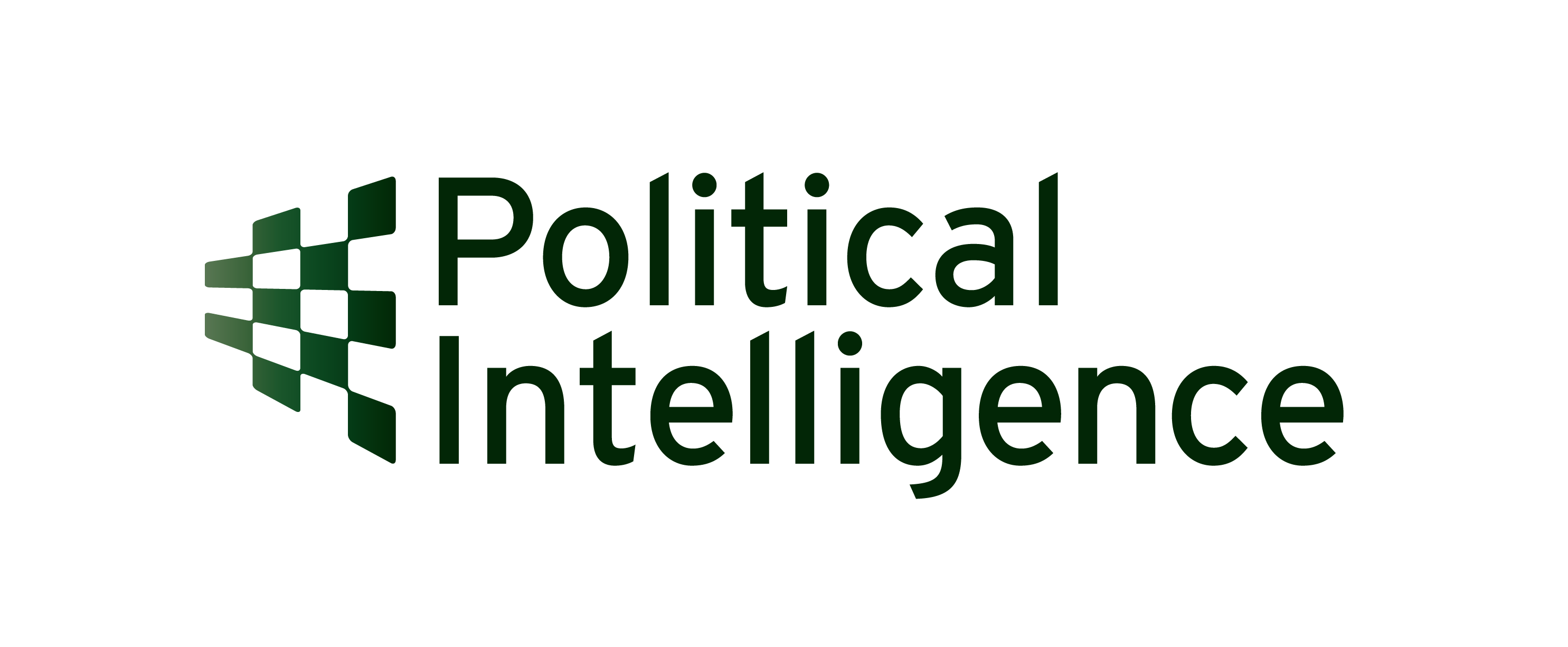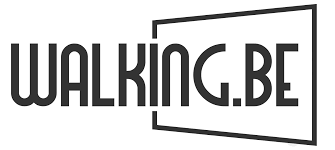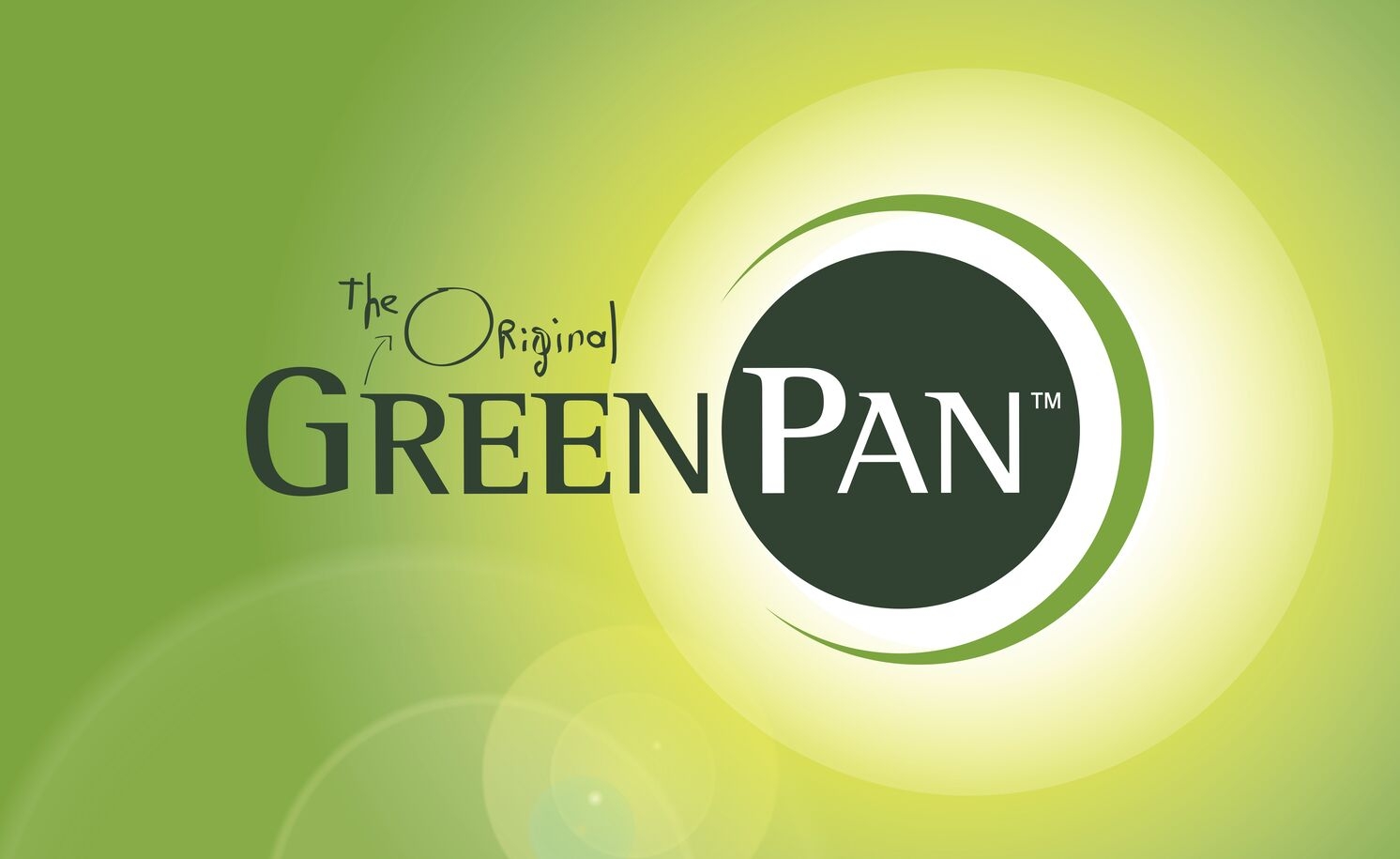Reading: the breast cancer handbook - Anna van Wittenberghe

A handbook of gripping testimonials
"The title 'The Breast Cancer Handbook' is very well chosen. It is a handbook rich in medical data and results of scientific studies on breast cancer. Thus, all relevant themes and possible topics are covered without taboo: what is breast cancer; how to examine your breasts; what treatments are available; how to share the news with those around you; what side effects of treatment you may experience; how to go back to work during or after breast cancer; how does breast cancer affect your sexuality,...
Throughout the various chapters, you are introduced to fifteen peers, including fourteen women and one man. It is a mixed group. There are individuals who were affected by breast cancer at a young age and others at an older age. They share their stories and give an insight into how they went through the process before, during and after treatment. For example, there is the courageous story of Ronald who was diagnosed with breast cancer at the age of 46. His story is one that deals with the fear of hereditary predisposition to the disease, the treatments and the lack of protocols for men. The latter in particular makes it a very inviting story to read. In fact, it shows that breast cancer does not only affect women.
The testimony that touched me the most was Monique's. She faced breast cancer for the first time at 48. Four years later she faced cervical cancer and at 64 she faced breast cancer again. Two years later, she was told that metastases had been found, making her sadly incurable. That is terrible news to receive. Monique, her husband and her children were obviously in shock after yet another piece of bad news, but still did everything they could to keep seeing the positive in all these setbacks. Because Monique's husband is also seriously ill, he has COPD1in its final stages. Therefore, the two put everything together so that the children know what to do when the time comes. The grandchildren live in Belgium so they don't visit as often, but their visits do so much good and even provide little moments of laughter. For example, I remember the piece about their 11-year-old granddaughter who had drawn a picture of a lady with one breast in the middle of her chest. After looking at the drawing at length, the other 10-year-old granddaughter said, "Grandma, ask the doctor to put your one breast in the middle too, it will be much nicer than it is now. (laughs) I think the way Monique and her family have dealt with all this is really quite admirable. It's a story of a lady AND a family that you can only respect."
The 'new me'
"The passages about the effects of treatment, namely the enormous fatigue, and the reintegration at work evoked many memories for me. On the one hand, positive moments, like when you can drive that familiar route back to work for the first time after many months. On the other hand, those topics also bring up some more negative memories, such as when you run headfirst into the wall again for the umpteenth time because something doesn't work out like before. For example, I remember one time when I was giving therapy to a patient at my work² and I couldn't come up with the right words I needed. Or the time when I had to stop line dancing because the bit of chemobrain made me unable to remember the steps. You try to get your life back on track after the tough period of diagnosis and treatment. But that is certainly not simple, and especially not when, like me, you were a very active, sprightly and spirited lady who took up a lot of sports and enjoyed every possible leisure challenge.
"There is a time before and there is a time after breast cancer. That quote stuck with me because it is not only a very beautiful quote, but also a very difficult one. When you are diagnosed with "breast cancer," you know that nothing will ever be the same as before. And if you want to survive, you will have to say goodbye to your "old self" and get to know, accept and embrace your "new self. That is anything but an easy task and one that I too struggle with very often to this day. The "old Annette" was someone with an overflowing schedule who was tirelessly ready for everyone both privately and professionally. For example, after my own shift I would also take over that of a sick colleague when a replacement had not yet been found. The 'new Annette' has to make sure that her private and work diaries are well aligned, because the physical exertions no longer work so well and I have to build in the necessary rest. The 'old me' also never put herself first, whereas the 'new me' has to do so in order to keep up in our busy society."
A sober view
"While reading, I never really got emotional. The book didn't move me to tears, but I don't think that's its purpose either. It mainly wants to impart information about breast cancer in a down-to-earth, clear and medical or scientific way. All possible studies are presented in detail and statistics are shown to make some things clearer, such as what the tumor characteristics are in women and men. Furthermore, I found it enlightening to once again be able to read the correct information about the examinations I underwent myself, such as the CT, bone and MRI scan. At the hospital I received these explanations, but at that time you only hear it with half an ear because you are so overwhelmed by everything. You also frequently come across tips and advice that stand out because of their different color in the book, such as the handy-to-know "laurel drop tip" that is said to tone down the smell and taste of chemo. The author of the book wants the reader to have a good idea of what she or he can expect when faced with the disease. The testimonies of fellow sufferers are also presented rather from this down-to-earth perspective. Although I prefer to read stories with more emotion, the stories of the fellow sufferers did stick.
It is important to mention that the book often refers to certain institutions for further information and support. Thereby it is mainly about Dutch institutions³ and not many Belgian organizations are discussed. Furthermore, the health insurance system works differently in the Netherlands than in Belgium, so the book is perhaps in certain respects more focused on our northern neighbors. I had already expected that a bit, since Anna van Wittenberghe is a Dutch writer."
Highly recommended
"The book is definitely recommended for caregivers, professionals, friends and family who want to help support breast cancer patients in their journey. As for the patient themselves, I would recommend reading only those chapters you think you need or would like to read. For myself, I am still not sure if it is useful to already know all possible scenarios at the beginning of the journey. Personally, I think that only creates more anxiety that may not even be an issue at all. Nevertheless, knowing everything from needle to thread may actually provide more guidance for some. That's a choice everyone best makes for themselves.
It is a very interesting handbook with many recognizable moments and stories in it. And the down-to-earth language makes it all a bit more distant, which can sometimes be an advantage. All topics are covered thoroughly and no taboo remains untouched. Anyone who has to deal with the disease, or would like to know more about it, has come to the right place with this book."
1 Annette is an educator/project worker at a rehabilitation center for children and adolescents. She has been retired since May 1, but as of September she will be working there again 1 day a week.
² COPD is a lung disease in which your lungs are damaged. You have less oxygen and breathing is more difficult. As a result, you have less energy. Normal things like climbing stairs, running errands or getting dressed can be difficult. The abbreviation COPD stands for Chronic Obstructive Pulmonary Disease. Source Article from https://www.longfonds.nl/longziekten/copd/wat-is-copd
³ All the organizations used in the book can be found in the appendix classified based on what the organization has to offer within a particular question or theme. Some common organizations include www.borstkanker.nl, www.voedingskankerinfo.nl, www.boogstudycenter.nl, www.kankerspoken.nl, www.knowyourlemons.com, www.kenniscentrumkanker.nl, www.pinkribbon.nl, www.allesoverkanker.be, www.pink-ribbon.be and www.kanker.be.
Continue reading

When a doctor gets breast cancer

Returning to work after breast cancer


.png)












.png)
















